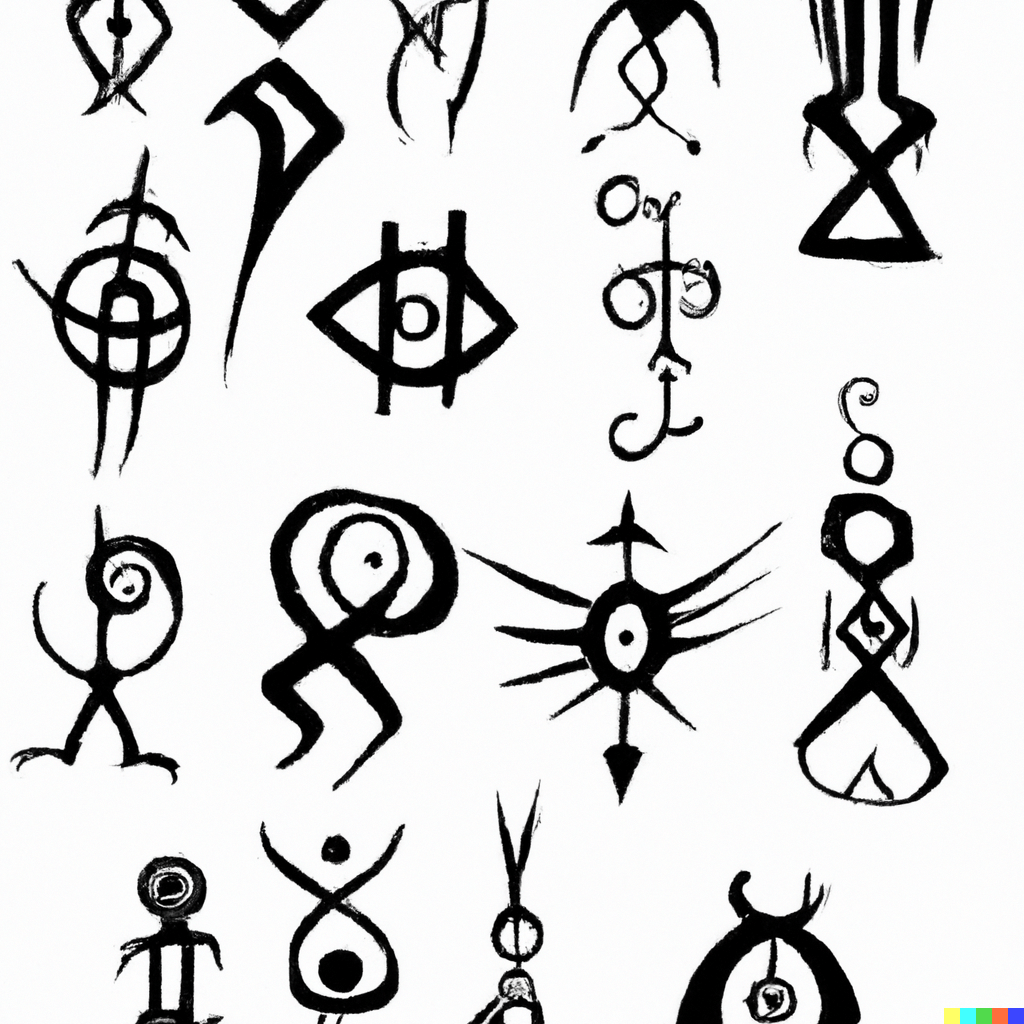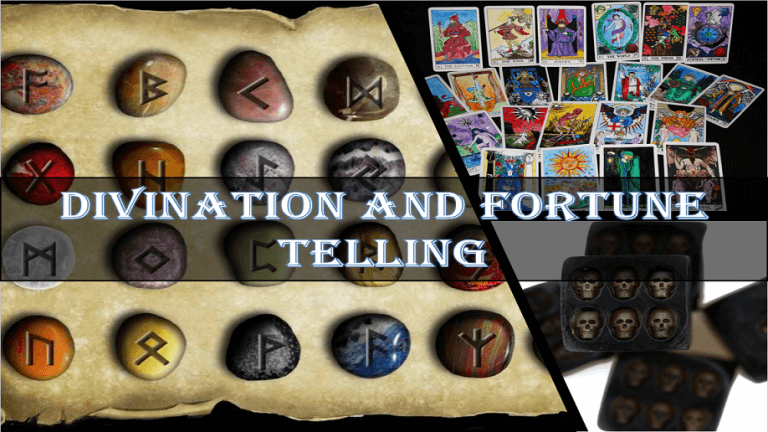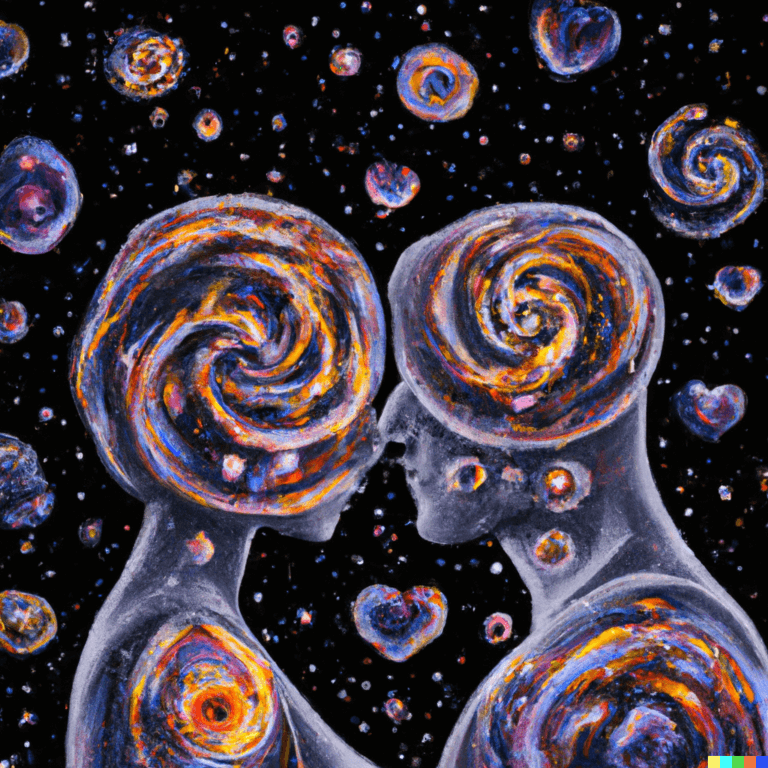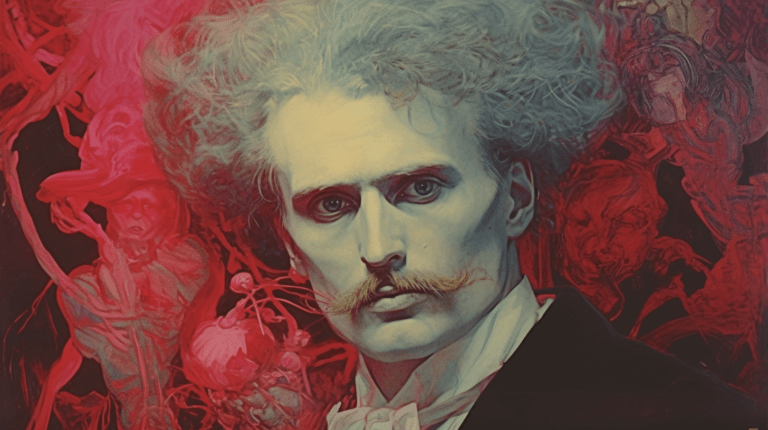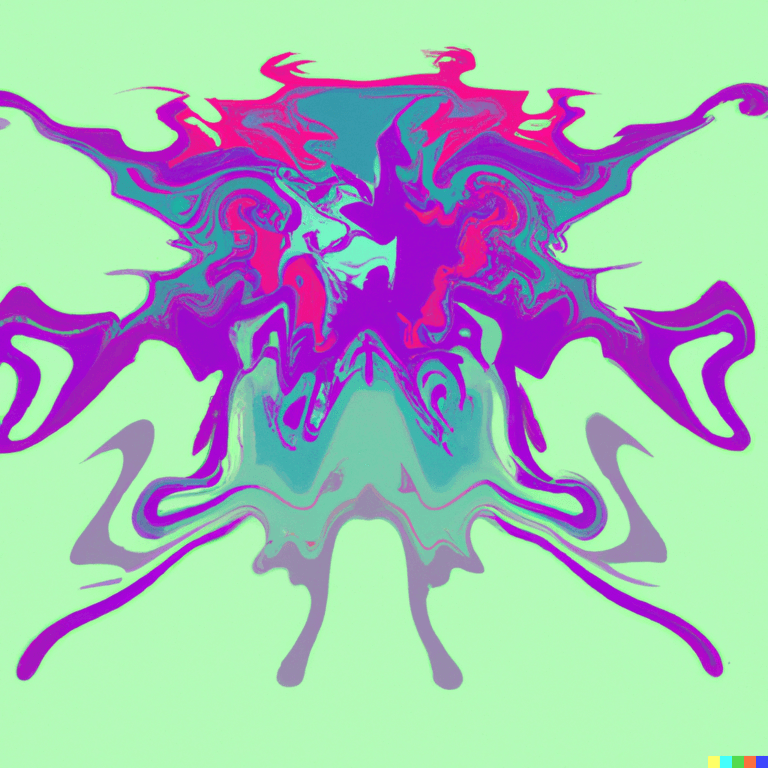Chaos Magick and its Revolutionary Approach to the Occult
In the vast realm of occultism, one particular tradition stands out for its unconventional and revolutionary approach: Chaos Magick. Born out of the counterculture movements of the late 20th century, Chaos Magick has shattered the dogmas and rigid structures of traditional occult practices, offering a flexible and experimental path to spiritual exploration. In this extensive article, we delve into the origins, principles, and practices of Chaos Magick, uncovering the enigma behind this captivating and transformative occult tradition.
Origins and Influences
Chaos Magick emerged in the 1970s as a response to the perceived limitations of established occult systems. It drew inspiration from various sources, including the writings of Aleister Crowley, Austin Osman Spare, Peter J. Carroll, and Robert Anton Wilson, among others. The key idea behind Chaos Magick is that belief itself is a tool, and practitioners are encouraged to adopt and discard beliefs as they see fit to achieve their desired outcomes.
Principles of Chaos Magick
The fundamental principles of Chaos Magick can be summarized as follows:
- Paradigm Shifting: Chaos Magick encourages practitioners to shift between belief systems, adopting different paradigms or magical models to suit their purposes. This flexible approach allows individuals to break free from the constraints of dogma and explore various methods and systems.
- Belief as a Tool: Chaos Magick views belief as a subjective construct that can be consciously manipulated. By using belief as a tool, practitioners can tap into the power of the mind to create their own reality and manifest their desires.
- Sigil Magick: Sigils, symbolic representations of one’s desires or intentions, play a significant role in Chaos Magick. Practitioners create sigils by condensing their desires into a unique symbol, charging it with intent, and then releasing it into the subconscious mind to manifest the desired outcome.
- Results-Oriented Approach: Chaos Magick emphasizes practical results rather than adherence to specific rituals or traditions. The effectiveness of a magical technique is measured by its success in achieving the desired outcome, rather than its conformity to established norms.
- Personal Responsibility: Chaos Magick places great emphasis on personal responsibility and autonomy. Practitioners are encouraged to take full ownership of their actions and their consequences, recognizing that they are the ultimate creators of their reality.
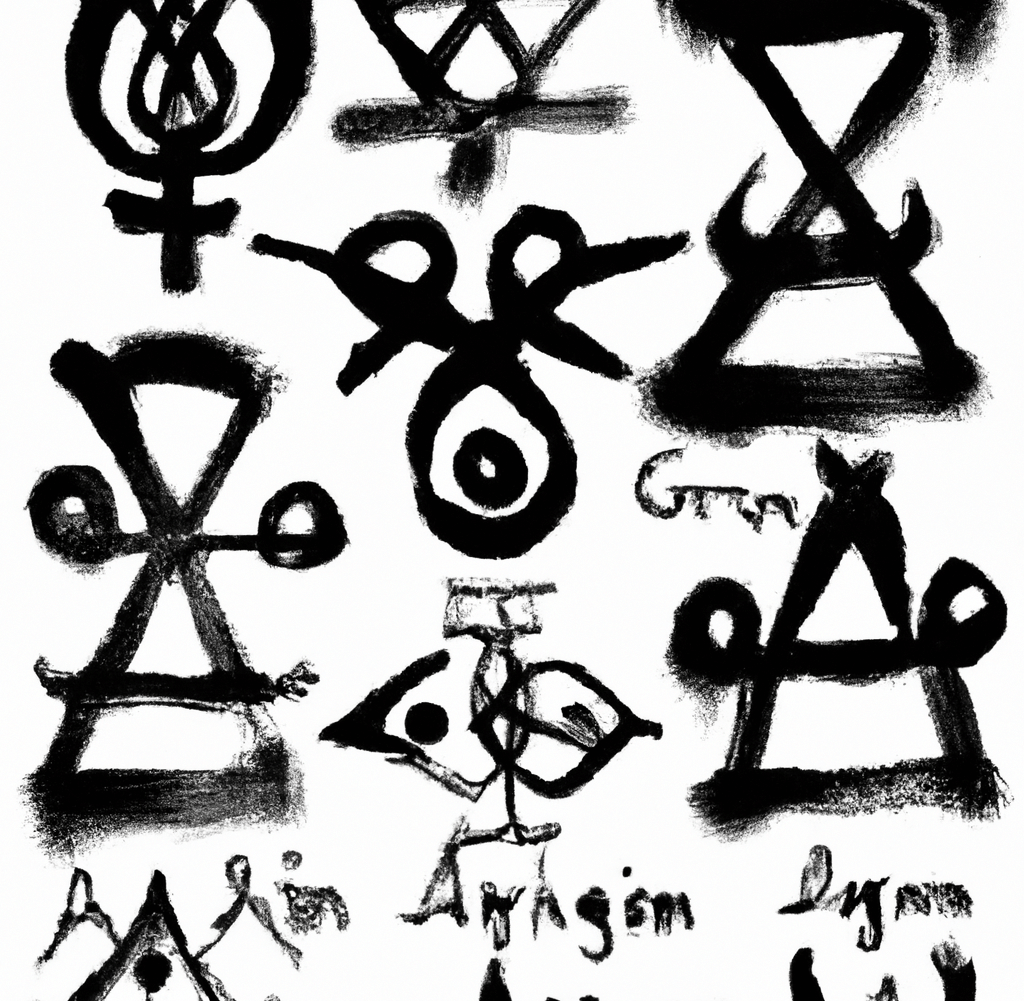
Practices and Techniques
Chaos Magick encompasses a wide array of practices and techniques, allowing practitioners to experiment and develop their unique approaches. Some of the commonly employed techniques include:
- Gnosis: Gnosis refers to altered states of consciousness characterized by intense focus, heightened awareness, and a dissolution of the ego. Chaos Magick practitioners often employ various methods, such as meditation, ecstatic dancing, sensory deprivation, or entheogenic substances, to achieve gnosis and enhance their magical workings.
- Servitor Creation: A servitor is an artificially created thought form or an astral entity programmed to carry out specific tasks on behalf of the practitioner. Chaos Magick practitioners develop and charge servitors to assist them in achieving their goals.
- Evocation and Invocation: Chaos Magick incorporates elements of ceremonial magick, including evocation and invocation. Practitioners may evoke or invoke various deities, spirits, or archetypes to establish a connection and gain their assistance in magical workings.
- Divination: Divination methods, such as tarot reading, scrying, or automatic writing, are often employed by Chaos Magick practitioners to gain insight, guidance, and inspiration for their magical practice.
Ethical Considerations in Chaos Magick
Chaos Magick, as a practice rooted in individualism and personal responsibility, does not impose a fixed ethical framework. However, practitioners are encouraged to consider the consequences of their actions and to act with integrity and respect for others. The emphasis on personal freedom does not absolve individuals from moral responsibility, and practitioners are urged to cultivate compassion and empathy while exploring their magical paths.
The Legacy of Chaos Magick
Since its inception, Chaos Magick has had a profound impact on the occult landscape. Its revolutionary ideas and innovative practices have influenced various occult traditions, including Thelema, Wicca, and modern witchcraft. The concept of belief as a tool and the emphasis on personal autonomy continue to inspire practitioners to challenge conventional thinking and push the boundaries of magical practice.
Conclusion
Chaos Magick stands as a radical departure from conventional occult systems, offering practitioners a liberating and experimental approach to spiritual exploration. By questioning established norms and embracing personal freedom, Chaos Magick empowers individuals to harness their belief systems, tap into the depths of their consciousness, and shape their own realities. Whether embraced as a complete system or incorporated into other magical practices, Chaos Magick remains a provocative and transformative force within the realm of occultism.
